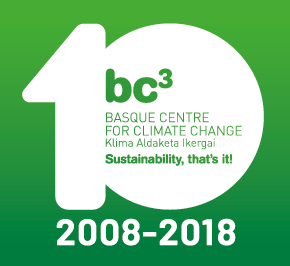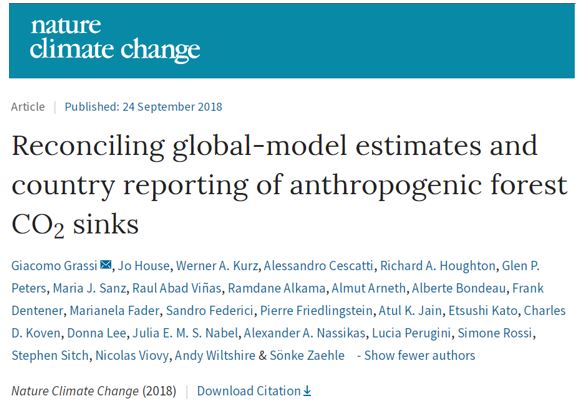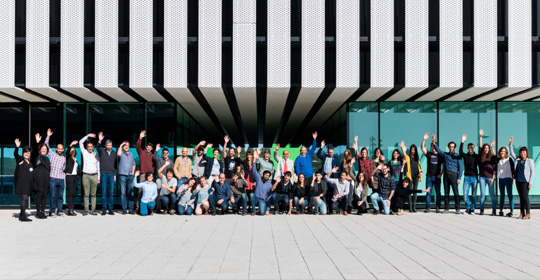Building Our Future – Lego Serious Play
By means of the “Lego Serious Play” methodology, we are going to gather about 80 people of all ages to talk and work together. It will be a fun and transformational process, based on investigations that have showed that by playing games we can learn and understand our environment better, including its characteristics and potentials.










